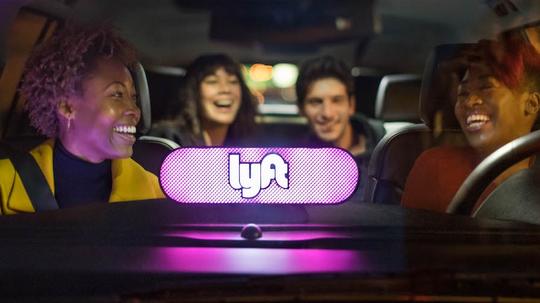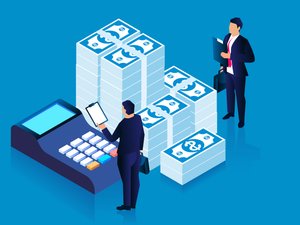
The cycle of poverty can be hard to break for many. It can be struggle to find a place to live, which is needed to get a job; and a job is needed to get a place to live. And even if one is able to manage those, then there is the matter of finding a way of getting between the two.
DFW is a sprawling metroplex, with numerous suburbs spreading out from the urban cores. According to a 2018 Dallas Business Journal article, the average commute time in Dallas is about 55.8 minutes, a number that is likely to grow as more people and businesses move to the region. To help low-income residents with the commute, Lyft is launching its Job Access Program in 35 cities across the country, including Dallas.
“Lyft is committed to expanding transportation access to those who need it most,” read a blog post by the company announcing the program.
The Job Access Program is part of Lyft’s $50 million City Works program, which was launched in May and seeks to boost the company’s civic engagement through investments in transportation infrastructure, donated transportation and other sustainability initiatives in the cities it operates in.
In the new program, Lyft will partner with local nonprofit partners to close short-term transportation gaps for unemployed residents. Under the program, eligible residents will be able to get free or reduced-fare rides to and from job training programs, job interviews and work during the first three weeks of employment or until a person receives their first paycheck. The program will also include support for veterans and people with disabilities.
“The ability to get around easily, especially for employment… is crucial to the future,” said Ashley Helsing, director of government relations for the National Down Syndrome Society, which is one of Lyft’s partners in the program, in the blog post
According to a study by Lyft, 35 percent of the company’s users do not own a vehicle. In addition, the company said about 44 percent of its rides start in low-income areas, with 41 percent of riders identifying with a minority group. In Dallas, a Mayor’s Task Force on Poverty in 2018 showed that since 2000, the number of people living in poverty has increased by 39.1 percent, with 27.7 percent of Hispanics and 30.9 percent of African Americans living below the poverty line. Overall, the report showed that more than half of the city’s households make less than $50,000 per year.
“People of all ages and abilities should have an opportunity to improve their economic status through employment,” said Alicia Lara, senior VP of impact at United Way Worldwide, another of Lyft’s partners, in the blog post.








